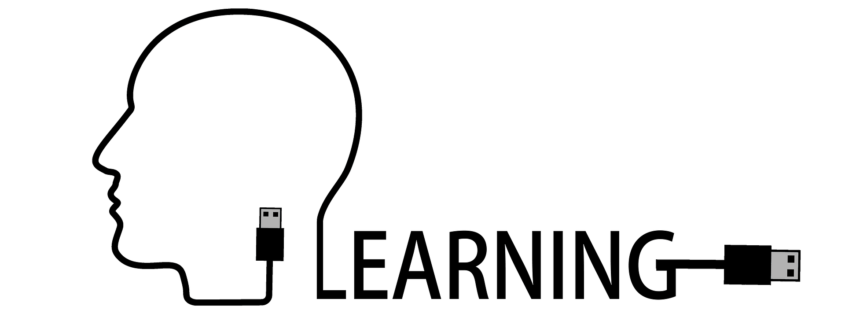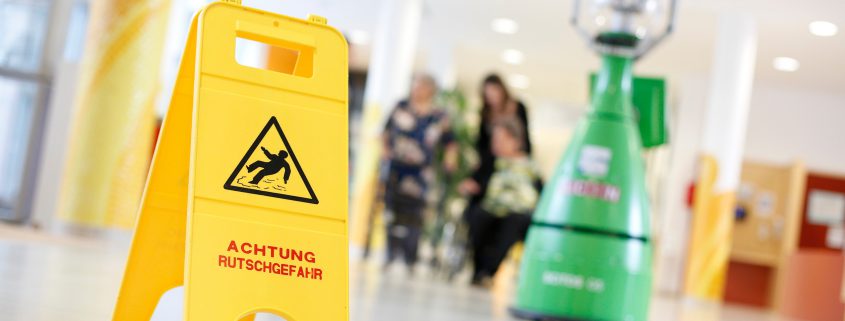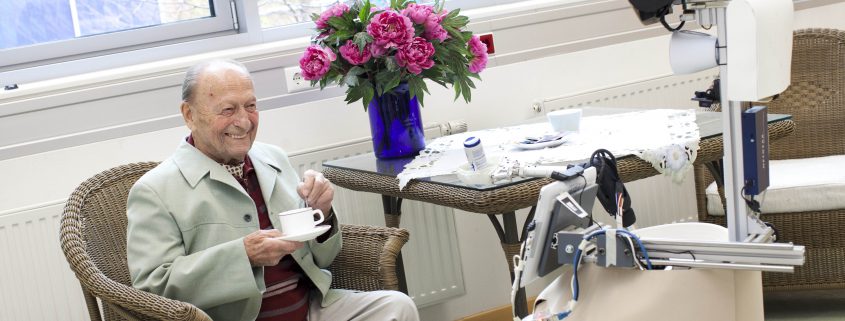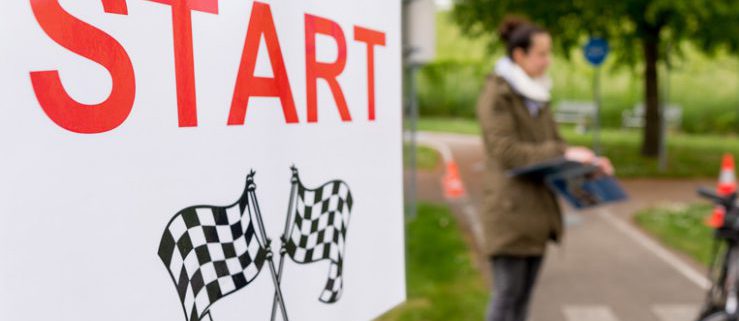Research
The research activities of the Academy of Ageing Research cluster into three overlapping areas:
Healthy Ageing
Healthy Ageing
The Academy of Ageing Research is concerned with how people age healthily to maintain a high quality of life, independence, and self-determination for as long as possible. It is important to note that healthy ageing concerns people of all ages, and that even very old people, possibly with chronic diseases, can still gain a lot in terms of health. People with severe disabilities also have a right to healthy ageing.
Research questions that the Academy of Ageing Research deals with include:
- How can technologies and digitalisation contribute to greater independence and self-determination?
- What role does a health-relevant lifestyle play, including physical training, nutrition, and social participation?
- What is the potential impact of climate change on the quality of life of older people and what can be done about it?
- How can care structures be optimised to not only compensate for deficits, but also to maintain and increase the health of both clients and caregivers?
Systematic learning from practice
Systematic learning from practice
The Academy of Ageing Research is concerned with how the system of health and nursing care can be ensured and optimized. In doing so, it makes use of routine data and registers from the care system itself.
Research questions that the Academy of Ageing Research deals with include:
- Which measures from routine care can be used as indicators for the quality of care and what are their quality criteria?
- How can the need for action to improve the health of people in need of care be derived from routine data?
- How can the health, nursing and integrative care needs of the population be ascertained from nationwide registry data?
- What interventions set actually improve care and increase independence and health, and how do these outcomes manifest in routine data?
- How can the perspective of those receiving care, their relatives, and caregivers be systematically collected and what are the consequences?
Healthy work
Healthy work
The Academy of Ageing Research is concerned with how the situation of care and nursing staff can be improved and their health promoted.
- How can digitalisation and mechanisation contribute to making the everyday life of bereaved and caring persons easier?
- What is the effectiveness and efficiency of workplace health promotion measures?
- How can the perspective of caregivers and carers be systematically collected and what are the consequences?
- How can the transfer of knowledge be optimised, which didactic measures have which effectiveness and how can the quality of care be increased as a result?










KliMate – Conveying climate and health literacy by promoting active mobility and physical activity
The KliMate project’s aim is to promote the health, social participation and general climate adaptation of older people by means of individually tailored recommendations and social mediation formats for active mobility and physical activity. To this end, a participatory approach is being developed for promoting physical activity by means of an individual approach as well […]
Digibox – communication platform to support nursing and care
The aim of the research project is to facilitate the everyday working life of caregivers through tailored digitization. For this purpose, the communication platform “AmigoBox” of the association OSSI Austria – Open Source for Social Inclusion Austria, which has already been tested with elderly persons, is used as a starting point. The innovative interaction concept […]
Smart Companion 2 – everyday devices as useful helpers and assistance systems in emergency situations
Based on the findings of the previous project, we are creating a prototype and testing whether it can meet the expectations in a test environment. Particular attention is being paid to the key components of fall detection and systems that can independently call for help. These include: active emergency calls (i.e., the user calls for […]
Linked Care – continuous information supply in mobile care and support
Linking and connecting, Linked Care is intended as a comprehensive digital system to ensure a stringent flow of information and a continuous supply of information in mobile care, assistance and therapy. The demographic development causes a strongly growing need for care, assistance and therapy with a simultaneously decreasing supply of health professionals. This results in […]